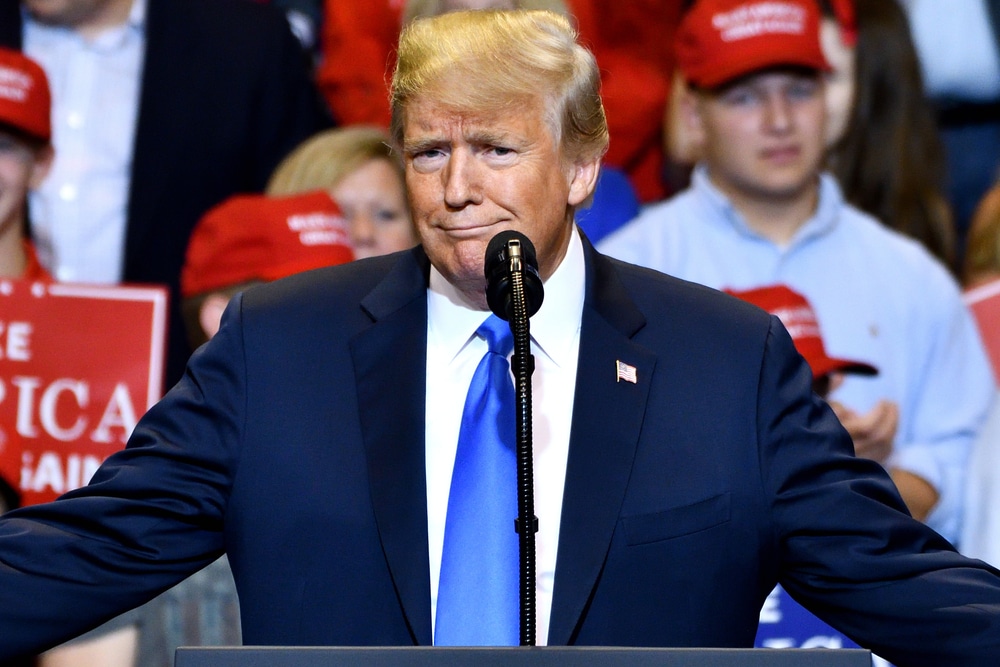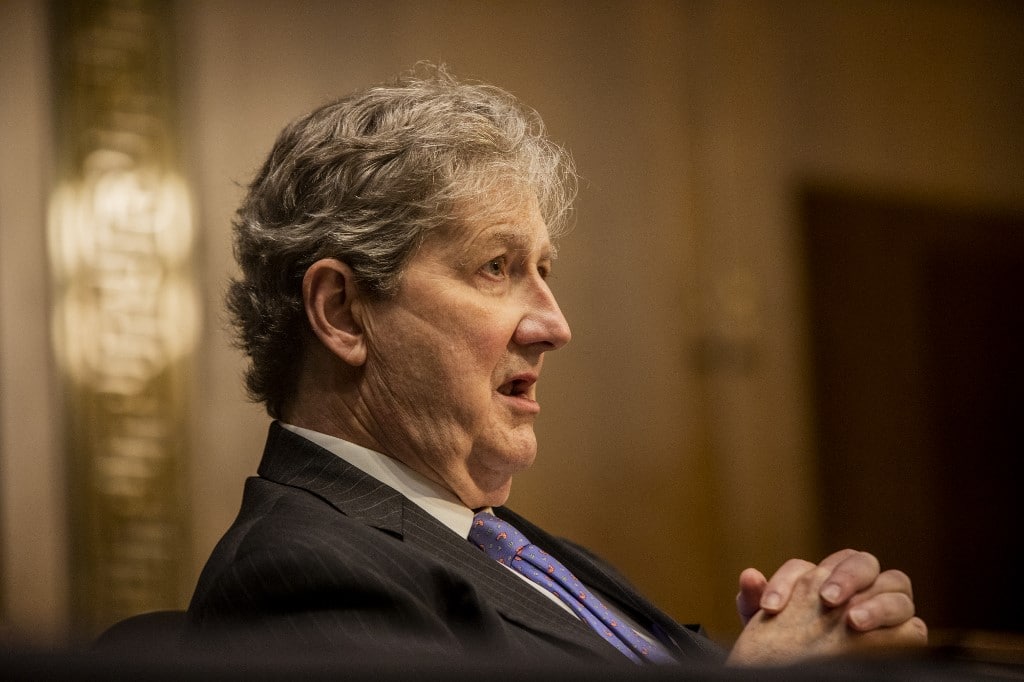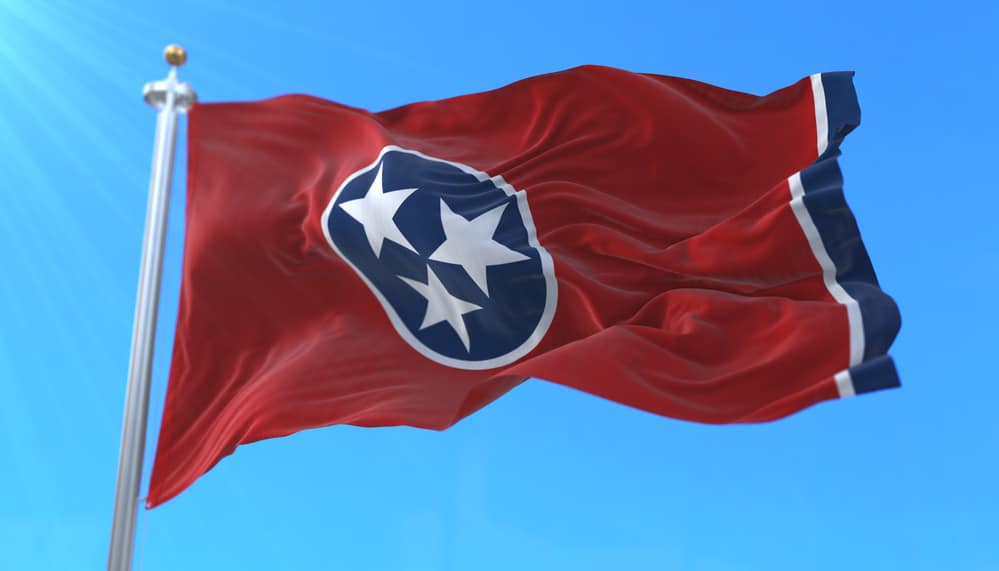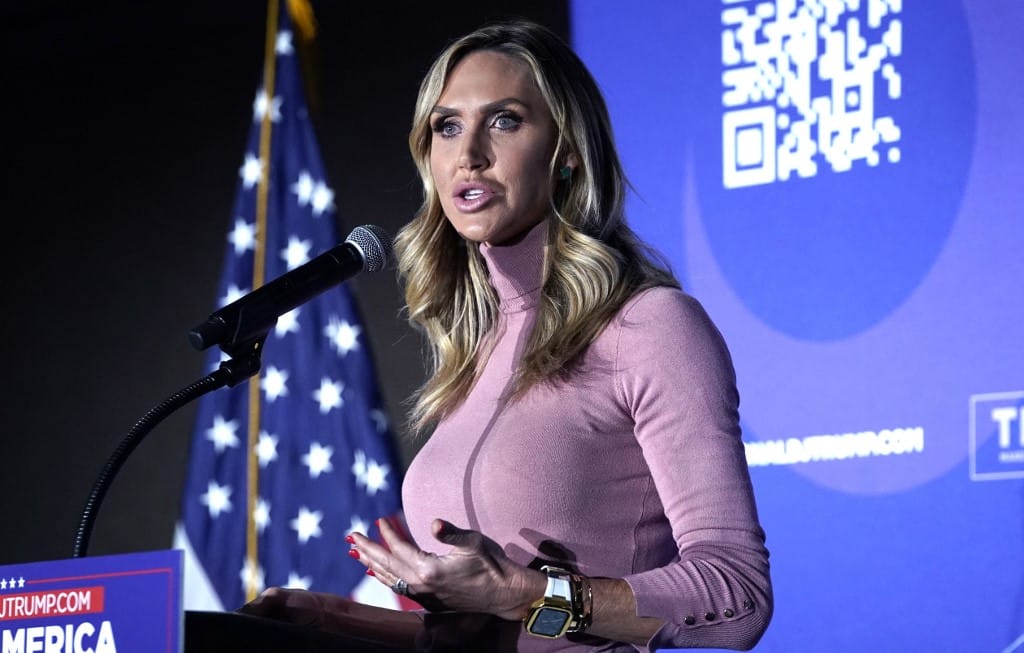The Supreme Court is on the verge of potentially undermining the regulatory powers of federal agencies in an upcoming decision on a case brought by commercial fishermen.
Regulatory Powers on the Brink?

On Wednesday, the justices will examine two cases—Loper Bright Enterprises v. Raimondo and Relentless v. Department of Commerce. These cases center on the argument that Congress never explicitly granted federal regulators the power to mandate fishermen to cover the costs of federal compliance monitors.
Questioning Chevron’s Validity

The court, which leans conservatively with a 6-3 majority, faces a request to discard the Chevron deference doctrine. Stemming from the court’s 1984 Chevron v. Natural Resources Defense Council ruling, this doctrine advises courts to respect a federal agency’s interpretation of ambiguous or unclear laws.
Congress’s Diminished Role?

The attorneys representing the fishermen argued in their brief that Chevron’s deference encourages a scenario where Congress engages less than the Founding Fathers envisioned, leading to the executive branch taking on a more significant role by “ deciding controversial issues via regulatory fiat.”
A Shift in Regulatory Powers

Chevron, often referenced in Supreme Court cases, is increasingly being challenged by conservatives who argue it overextends the power of federal agencies. Overturning this precedent could render sustaining government regulations more difficult.
Expert Insights

Kimberly Wehle, a University of Baltimore law professor, noted in an October Newsweek op-ed that a court “must defer to an agency’s reasonable readings of a statute when it’s reviewing regulations rather than override its expert judgment because Congress tapped the agency, not courts, to fill in blanks left by legislation.”
What’s at Stake?

Wehle added, “If the Supreme Court overrules Chevron, it would put thousands of regulations in legal jeopardy, simultaneously thrusting the industries they regulate in economic uncertainty. It would also enhance the Court’s power, as judges would become the deciders of regulatory policy.”
Constitutional Concerns

Four of the Supreme Court’s conservative members, including Justice Clarence Thomas, have raised doubts about the validity of the Chevron deference. In a notable 2020 dissent, Thomas reversed his earlier position by condemning the doctrine as unconstitutional.
Recusal Calls Amidst Controversy

Furthermore, Thomas has been urged to recuse himself after reports surfaced of his secret participation in donor summits organized by the Koch brothers prominent Chevron deference critics.
Eight Justices to Decide

The case will proceed with only eight justices, as Justice Ketanji Brown Jackson, one of the court’s three liberals, recused herself due to her prior involvement in the appellate court that heard the case.
A 200-Mile Debate

Enacted in 1976, the Magnuson-Stevens Act mandates that fisheries within 200 nautical miles of the U.S. coastline must permit federal observers on their vessels to gather data to prevent overfishing.
Who Pays for Marine Monitoring?

The Supreme Court case Loper Bright Enterprises v. Raimondo, brought by New England Fisheries, challenges the National Marine Fisheries Service’s interpretation of this act, arguing against the requirement for them to pay the observers’ salaries.
Chevron in the Court’s Net

Central to Loper is the Chevron doctrine, which authorizes federal agencies like the National Marine Fisheries Service to decipher ambiguities in statutes under their jurisdiction.
Redefining Regulatory Boundaries
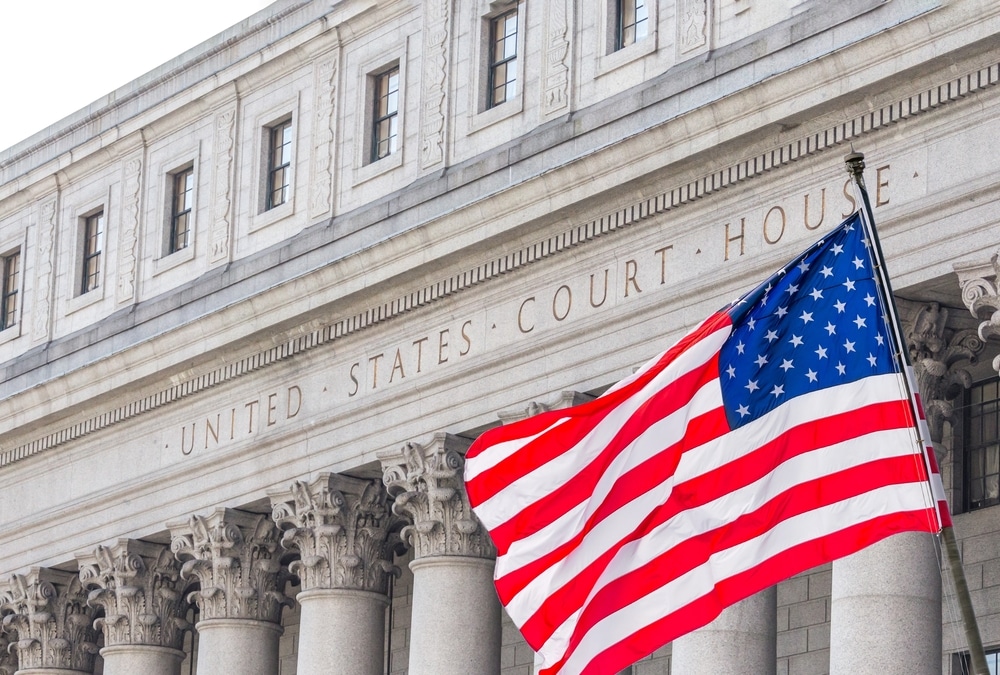
Relentless, Inc. v. Department of Commerce is a critical case set to be argued before the Supreme Court of the United States on January 17, 2024. This case falls within the court’s October 2023-2024 term and directly challenges the scope and application of the Chevron deference doctrine.
Federal Fishery Law Under Microscope

Specifically, it questions how the United States Court of Appeals for the First Circuit used this doctrine to support the National Marine Fisheries Service’s (NMFS) interpretation of a federal fishery law.
Supreme Tweaks to Chevron?

Having reached the Supreme Court on a writ of certiorari from the First Circuit, its outcome could reshape how federal courts apply Chevron deference, possibly tweaking its usage or outlining specific guidelines for its application.
More from AllThingsFinance: Court Finally Unseals Secretive Case of Jan 6 Offender
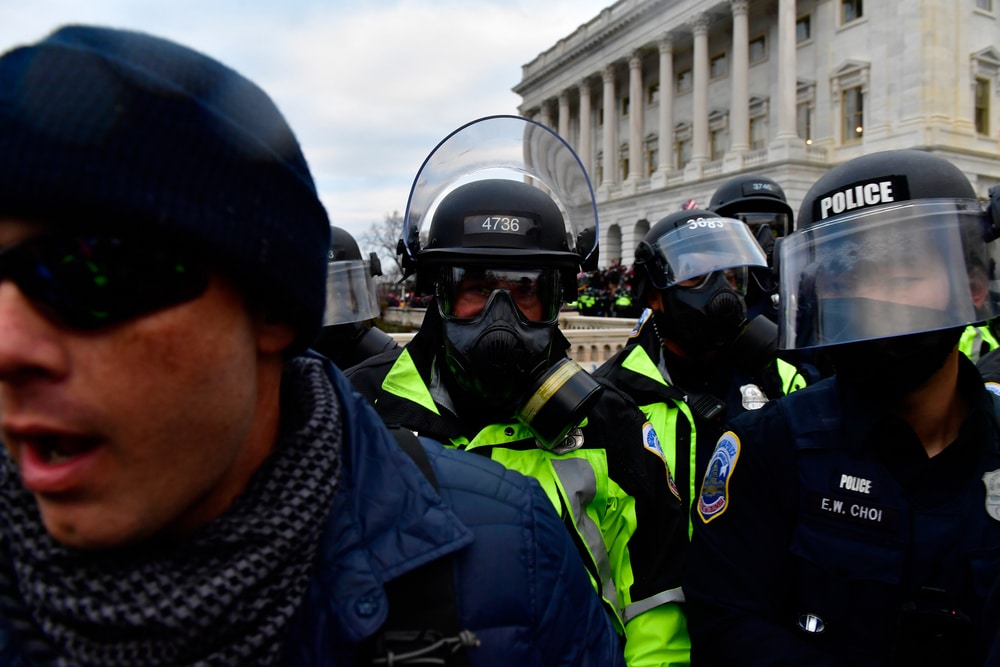
Samuel Lazar sentenced for Jan. 6 insurrection; previously confidential case now revealed: Court Finally Unseals Secretive Case of Jan 6 Offender
Jack Smith continues pushing Judge Cannon, reminding her that “the speedy trial clock” is ticking

Jack Smith urges Judge Aileen Cannon for a speedy trial in a classified documents case involving ex-President Trump: Jack Smith continues pushing Judge Cannon, reminding her that “the speedy trial clock” is ticking
Defamation lawsuit against Kari Lake advances while people compare her to Rudy Giuliani

Kari Lake loses First Amendment right to accuse Maricopa County recorder; Arizona Republic ponders if she’s channeling Rudy Giuliani in her sleep : Defamation lawsuit against Kari Lake advances while people compare her to Rudy Giuliani
More Democrats are flipping in a crucial swing state than Republicans
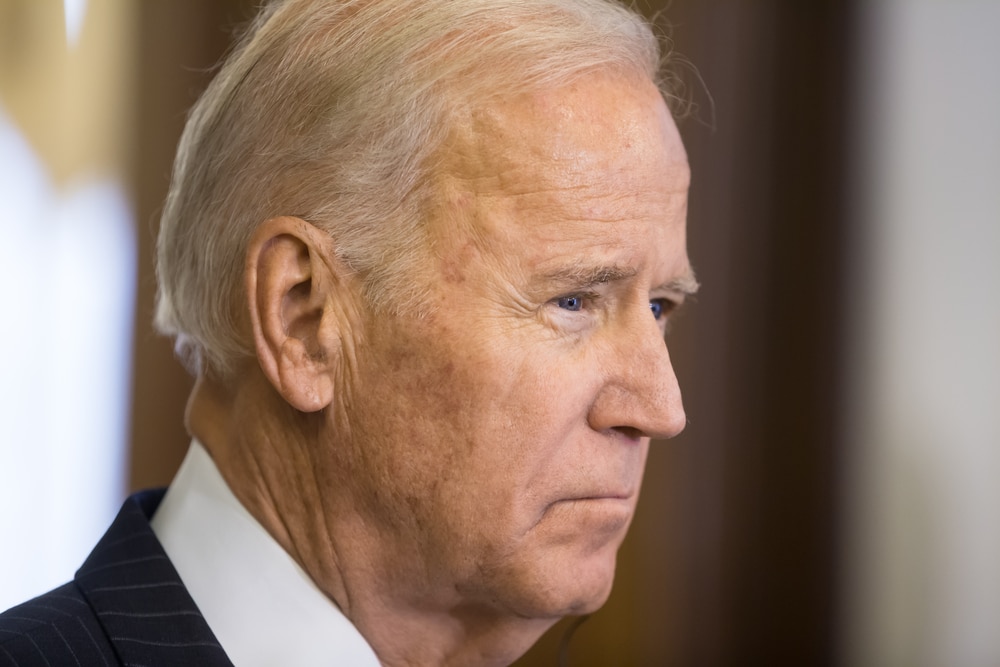
In Pennsylvania, a significant number of registered Democrats flipping is sending an unflattering signal to President Biden: More Democrats are flipping in a crucial swing state than Republicans







